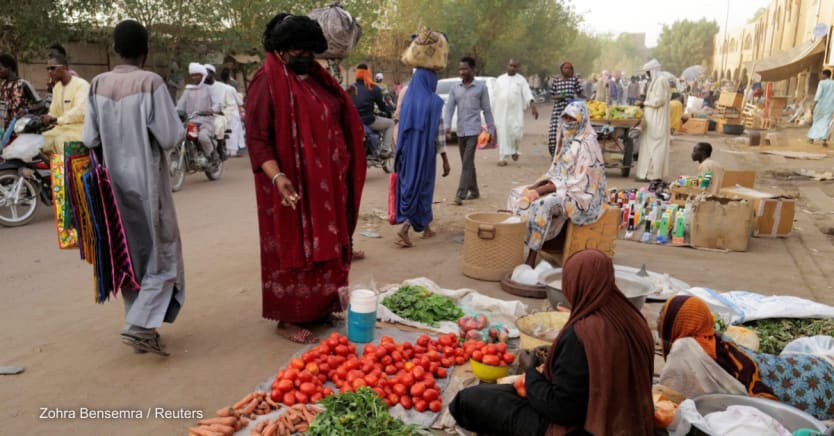IMF warns of soaring debt amid divide between rich and poor nations

Global debt hit a record $226 trillion during 2020 in the largest one-year increase since World War II, the International Monetary Fund said Wednesday. The latest figures in the fund’s Global Debt Database also reveal the sharp divide between higher- and lower-income countries.
Sign up for Devex Invested
The weekly newsletter on how business, social enterprise, and development finance leaders are tackling global challenges.
Advanced economies and China accounted for more than 90% of the $28 trillion added to debt levels last year. “But most developing economies are on the opposite side of the financing divide, facing limited access to funding and often higher borrowing rates,” according to an IMF blog post.
However, the depressed level of borrowing masks a real crisis brewing. Across lower-income countries, 60% “are either already in debt distress or fast approaching it,” said Carmen Reinhart, the World Bank’s chief economist, during a panel discussion about the data. “Even smaller increments in dollar terms … have meant significant debt burdens for the middle- and low-income countries.”
Recovery lags: IMF economist Vitor Gaspar said that uneven recoveries in lower-income countries, along with declines in nominal gross domestic product, are driving up the debt-to-GDP ratio. “I worry that in the medium term, this group of countries as a whole is not expected to recover to [a] pre-COVID-19 growth path,” he said during the panel discussion.
“The challenge at this point in time looks much more difficult than what it did pre-COVID. So, it’s another element of [the need for] urgency for global action to attain the Sustainable Development Goals by 2030,” Gaspar said.
Lower-income countries are facing the compounded threat of inflation, higher interest rates, the spread of the coronavirus, and the end of the Debt Service Suspension Initiative under the G-20 group of nations, he noted.
No debt relief: Reinhart said she is “pessimistic” about the chances for a swift restructuring of debt, saying creditors did not want to take “haircuts.” She warned that the protracted battle ahead would leave lower-income countries worse off.
“Unresolved debt problems are rather poisonous for economic growth,” she said.

Search for articles
Most Read
- 1
- 2
- 3
- 4
- 5


